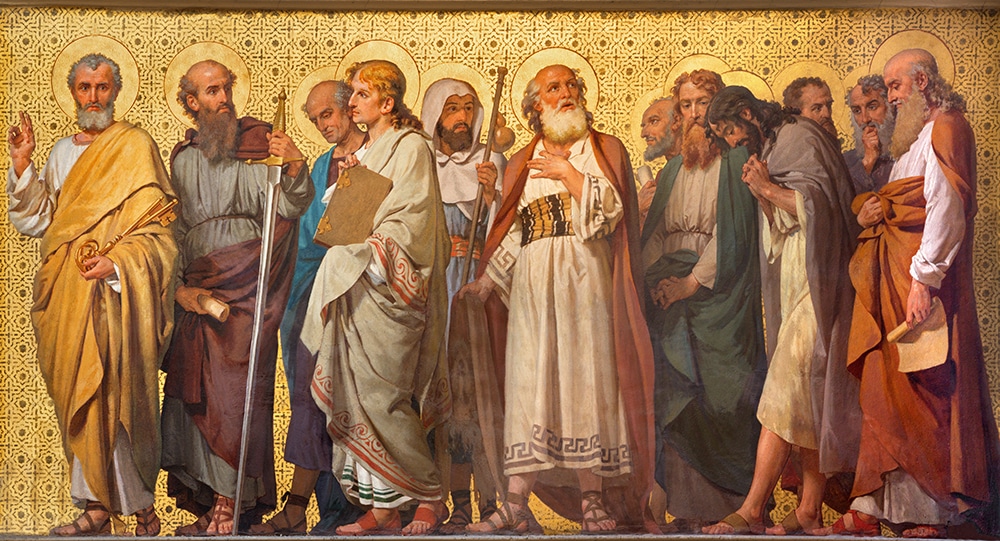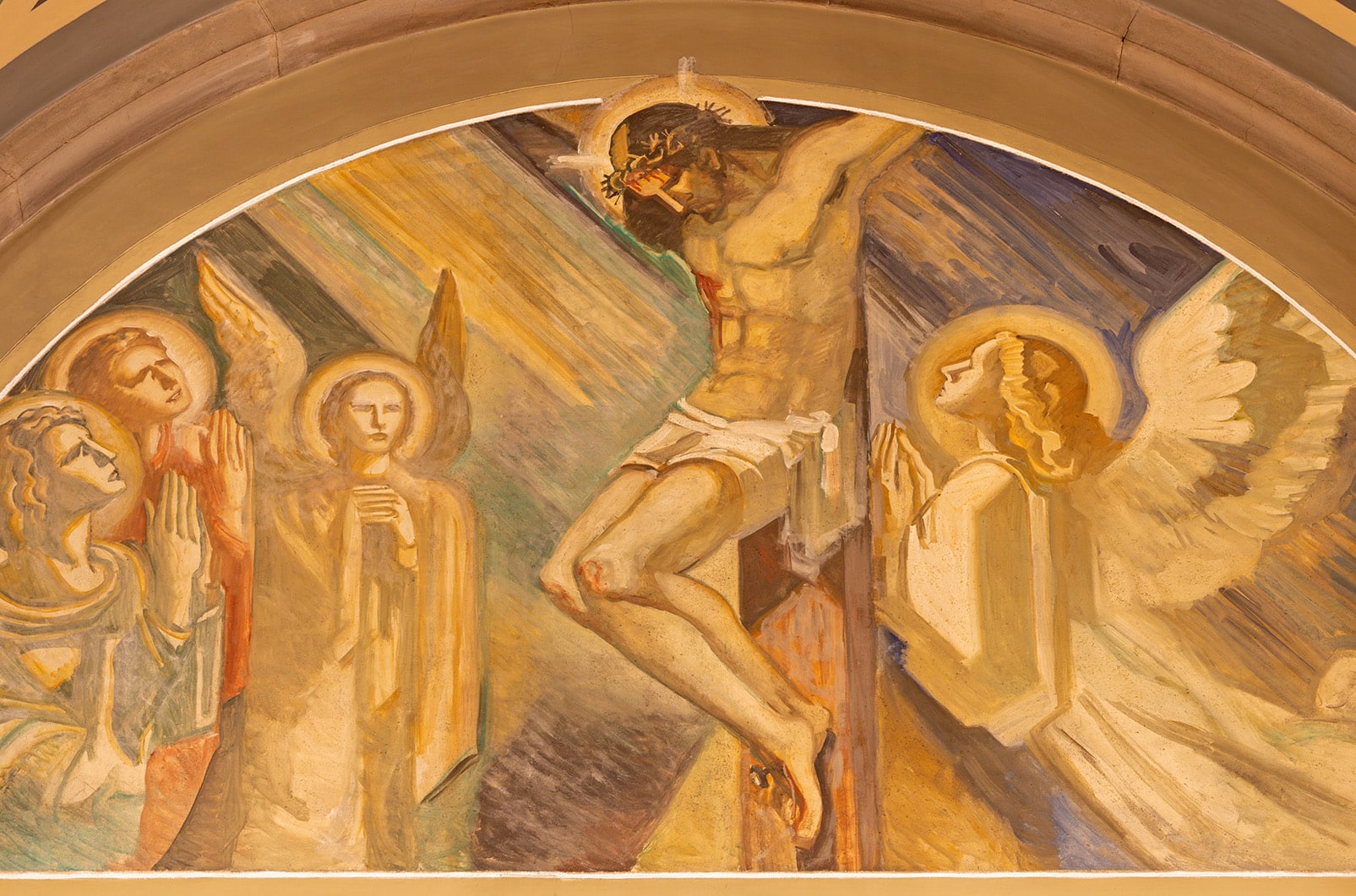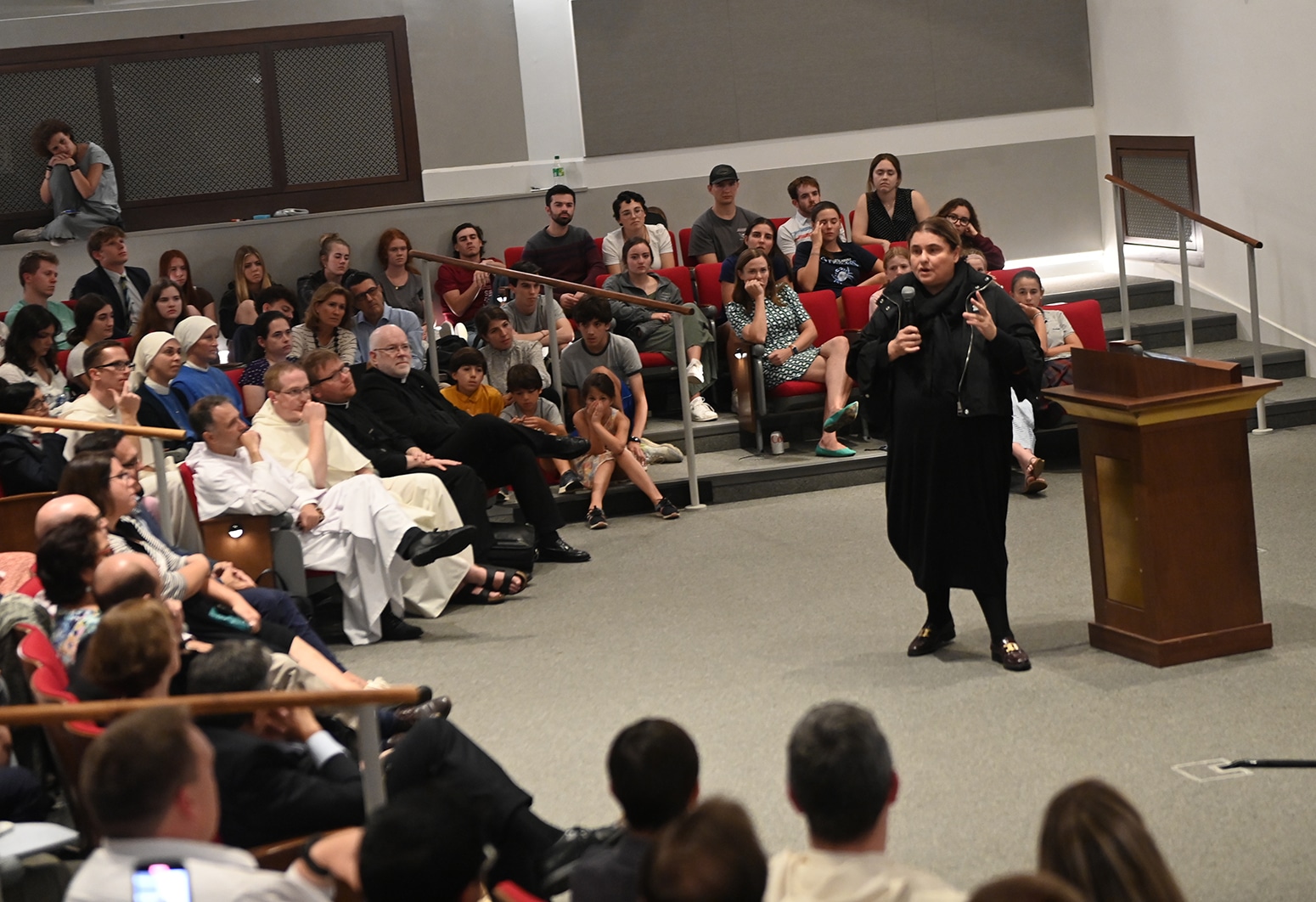Question: We know as Catholics that our bishops of today are descendants of the apostles (apostolic succession). Having said that, I don’t see any of the apostles being addressed as “bishop” in the Bible. When did this transition take place and were the first apostles considered bishops?
— Deacon Paul VanHoudt, Erie, Colorado
Answer: The term “apostle” seems to fall away in the first generation and be replaced by “bishop.” The likely reason is twofold. First, when replacing Judas, St. Peter set the criteria as, “men who accompanied us the whole time the Lord Jesus came and went among us, beginning from the baptism of John until the day on which he was taken up from us” (Acts 1:22-23). So to be an apostle formally, one had to meet these parameters.

A second reason is that apostles are sent to evangelize. However, bishops are to oversee a Church in a particular place and not move about. As the number of men who could meet the criteria of “eyewitness” diminished, we see in Acts, the office of apostle transferred to men called “bishops” or overseers, ordained by the apostles and their successors by the laying on of hands. St. Paul also adopts this language in his letters to Timothy and Titus. So, the apostles were unique as eyewitnesses, but their duties to teach, govern and sanctify had to be transferred to other men, who, though not eyewitnesses, carried on the apostolic duties assigned by Jesus to the apostles. This seems to best explain the change in terminology.







